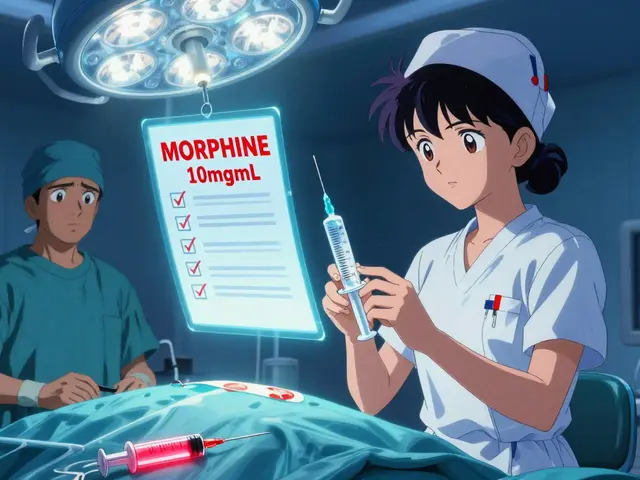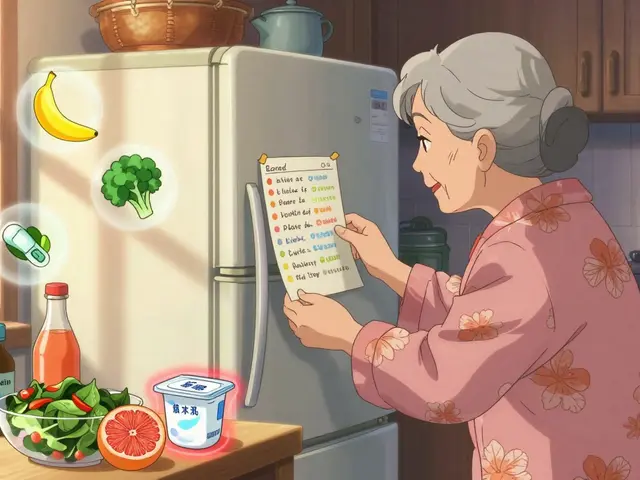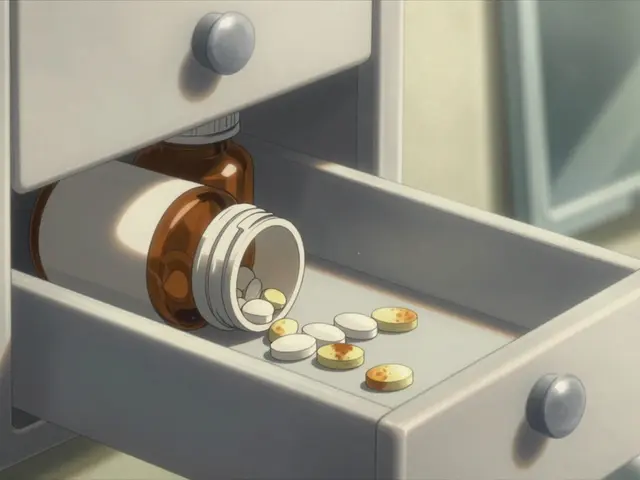Naltrexone: Uses, Benefits, and What You Need to Know
When you hear naltrexone, a medication used to block the effects of opioids and reduce alcohol cravings. Also known as Vivitrol when injected, it doesn’t get you high — it stops the high from happening. This isn’t a cure, but it’s a powerful tool for people trying to stay off alcohol or opioids after detox. Unlike methadone or buprenorphine, naltrexone doesn’t activate opioid receptors at all. It just sits there and blocks them — like putting a lock on a door so drugs can’t get in.
It’s used in two main ways: as a daily pill for alcohol use disorder, and as a monthly shot for both alcohol and opioid dependence. People who’ve already gone through withdrawal often use it because it won’t cause withdrawal if taken too soon after using opioids. If you’re still using, naltrexone can trigger sudden, severe withdrawal — so doctors always check you’re clean first. It’s also not addictive, so there’s no risk of replacing one drug with another.
Naltrexone doesn’t fix everything. It won’t help with anxiety, trauma, or cravings on its own. But when paired with counseling, support groups, or lifestyle changes, it gives your brain a chance to reset. Studies show people on naltrexone are more likely to stay abstinent than those who don’t take it. It’s especially useful for those who’ve relapsed before — the blocker gives them a safety net when temptation hits.
You’ll find posts here about how naltrexone fits into broader treatment plans, how it compares to other medications, and what side effects to watch for. Some articles dive into how it works with serotonin or interacts with other drugs. Others explain why it’s used in combination with behavioral therapy. You’ll also see how it’s applied in real cases — from someone managing alcohol cravings after years of use, to a person rebuilding life after opioid addiction.
It’s not for everyone. If you’re still using opioids, you shouldn’t take it. If you have liver problems, your doctor needs to monitor you closely. But for many, it’s the missing piece that finally makes long-term recovery possible. The posts below don’t just explain the drug — they show how it fits into real lives, real choices, and real recovery journeys.
Medications for Alcohol Use Disorder and the Hidden Risk of Relapse
By Lindsey Smith On 20 Nov, 2025 Comments (15)

Medications for alcohol use disorder can reduce relapse risk - but only when used correctly. Learn how naltrexone, acamprosate, and disulfiram work, why they sometimes fail, and what actually helps people stay sober.
View More




